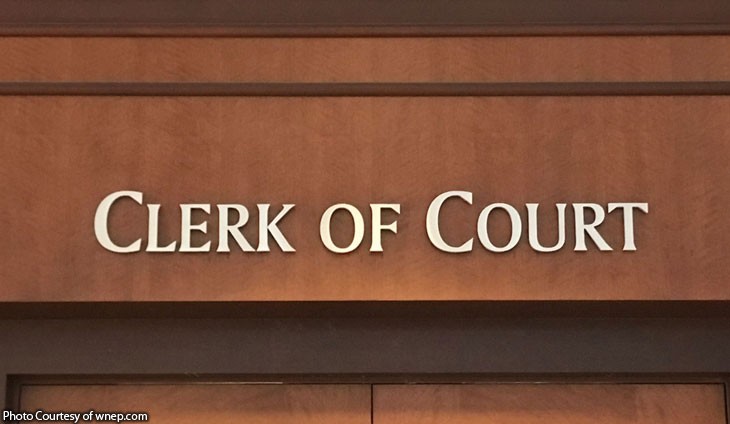Why Buyers Should Visit the Clerk of Court for Property Jurisdiction Clearance

Why Buyers Should Visit the Clerk of Court for Property Jurisdiction Clearance
When embarking on the journey of purchasing a property, thorough due diligence is an absolute necessity. You've already taken the prudent steps of verifying the title in the Register of Deeds and the tax declaration in the Assessor's office. Everything was in order; there were no red flags or annotations indicating any issues. But what if we told you there's an essential yet often overlooked step in this process that could save you from unforeseen legal entanglements? Welcome to the world of securing Court Clearance.
Imagine this scenario: you've found your dream property, meticulously examined all the documents, and everything appeared clean and clear. You're ready to make the deal of a lifetime. However, to truly ensure the safety of your investment, you should consider visiting the Clerk of Court in the jurisdiction where the property is located.
Why? Because sometimes, even when the Register of Deeds and the Assessor's records are spotless, a property might still be entangled in a legal dispute or litigation. These disputes can range from boundary disputes to unpaid debts, and unfortunately, they don't always find their way into the official records. This is where the Clerk of Court's office comes into play.
When you secure Court Clearance, you're essentially checking whether the property you're interested in has any ongoing or pending court cases associated with it. It's a crucial step in your due diligence process that can reveal hidden risks.
Here's why visiting the Clerk of Court should be an integral part of your property purchasing checklist:
-
1. Unearth Hidden Legal Issues: As mentioned earlier, not all legal disputes related to a property are recorded on the title or in tax records. Plaintiffs may have filed a lawsuit, but it might not have been registered in the Register of Deeds for annotation on the title. A Court Clearance can uncover such hidden legal entanglements
-
2. Protect Your Investment: By obtaining Court Clearance, you safeguard your investment and financial future. The last thing you want is to discover that the property you've purchased is embroiled in a complicated legal battle, potentially jeopardizing your ownership and plans
-
3. Seek Legal Guidance: If Court Clearance reveals that the property you're interested in is indeed involved in litigation, it's essential to seek guidance from a qualified attorney. Legal experts can help you navigate the complexities of the case and advise you on the best course of action.
-
-
4. Streamline Your Due Diligence: If you're pressed for time or unfamiliar with the intricacies of property transactions, consider enlisting the services of a licensed broker. They can assist you in conducting a comprehensive due diligence process, including securing Court Clearance, to ensure a smooth and secure property purchase.
For those who require more information or assistance in this crucial phase of property acquisition, Samuel O Lao and Associates are here to guide and support you. Their expertise in property transactions and legal matters can be an invaluable resource as you embark on your property-buying journey.
In conclusion, securing Court Clearance from the Clerk of Court's office in the property's jurisdiction is a prudent step every property buyer should consider. It adds an extra layer of security to your investment and helps you uncover any hidden legal issues that might not be apparent in the standard title and tax records. So, before finalizing that property deal, visit the Clerk of Court's office as part of your due diligence process. Your peace of mind and financial security are well worth it.
Tags: due diligence property investment real estate for sale by owner










